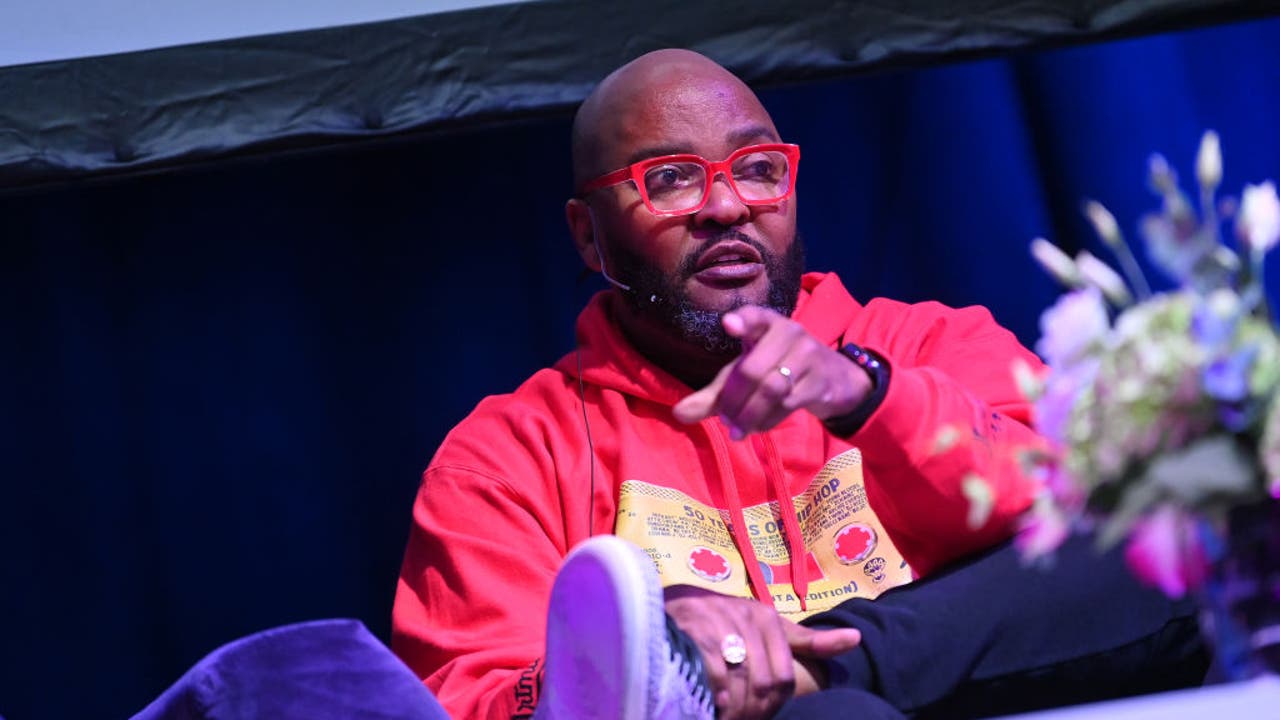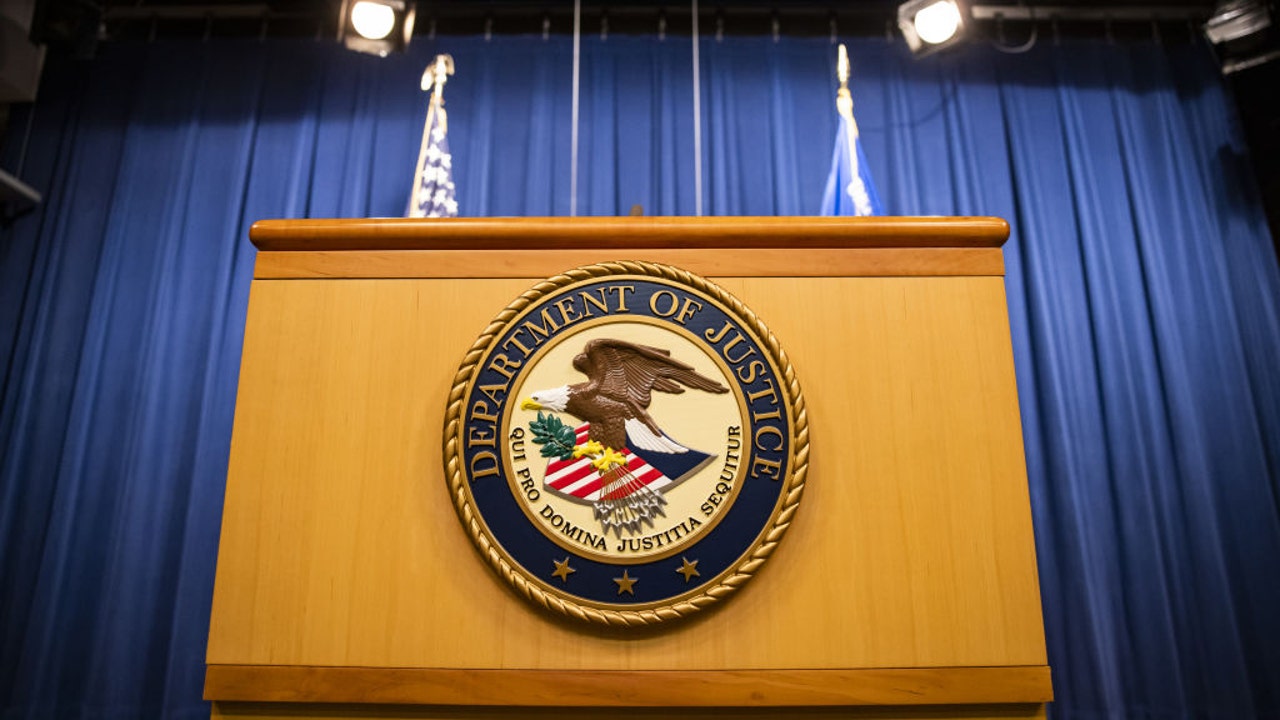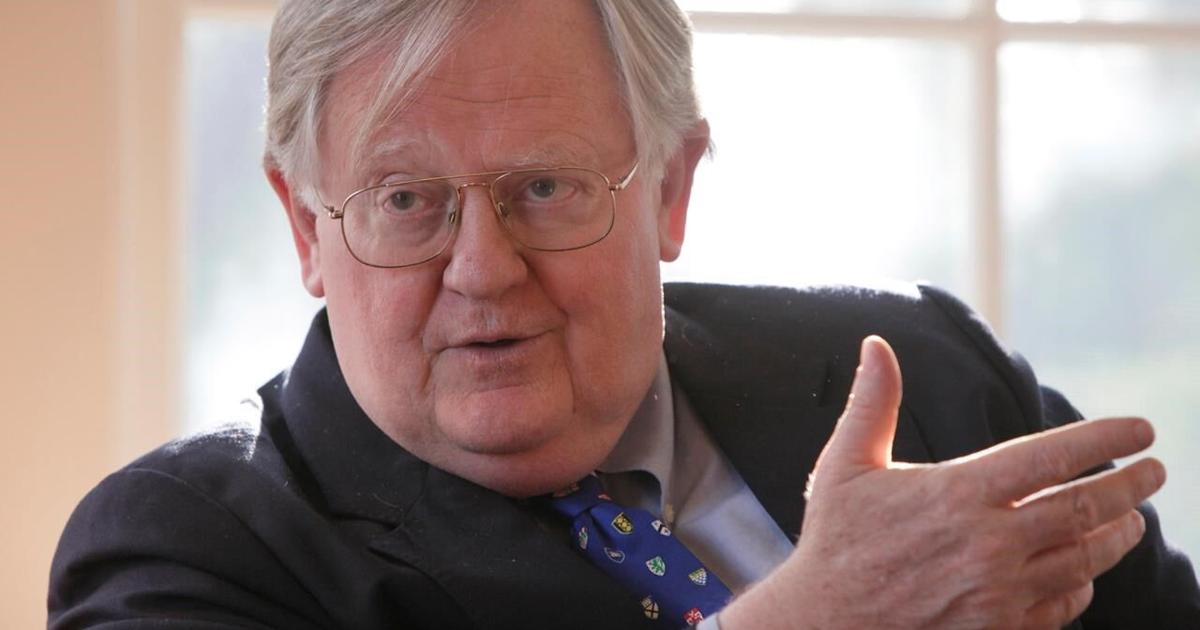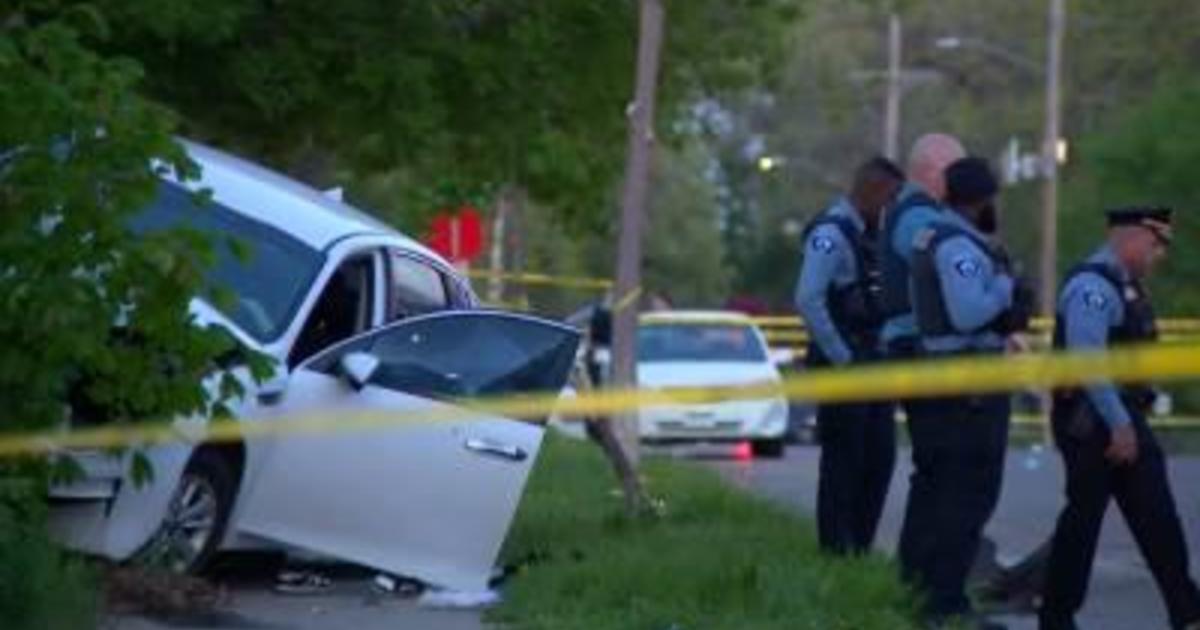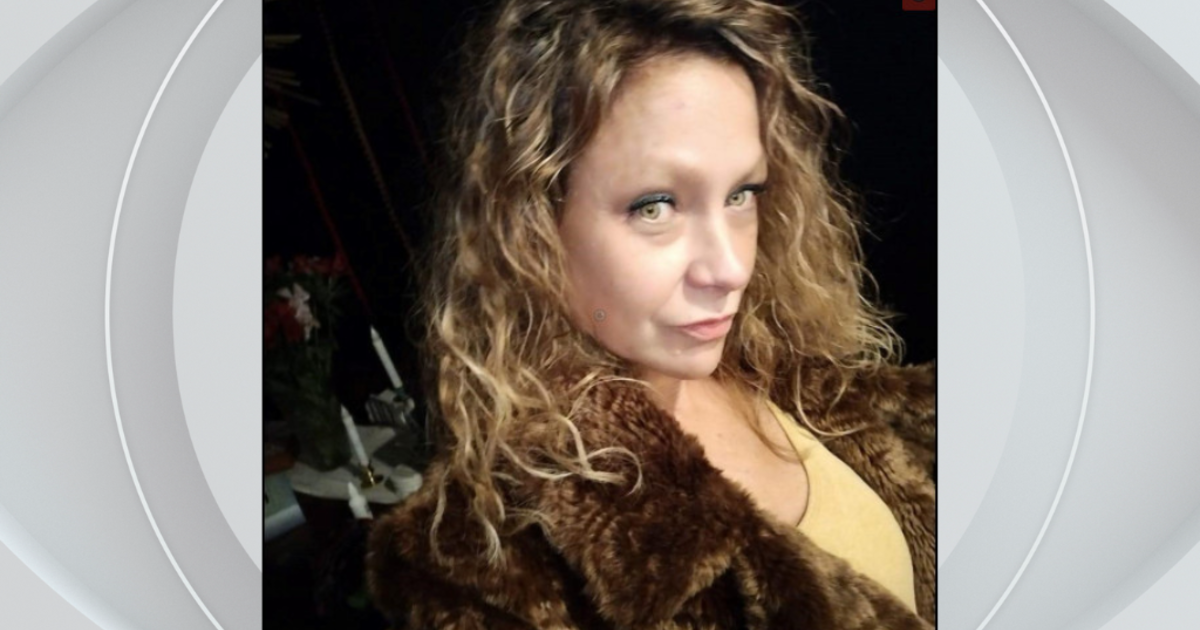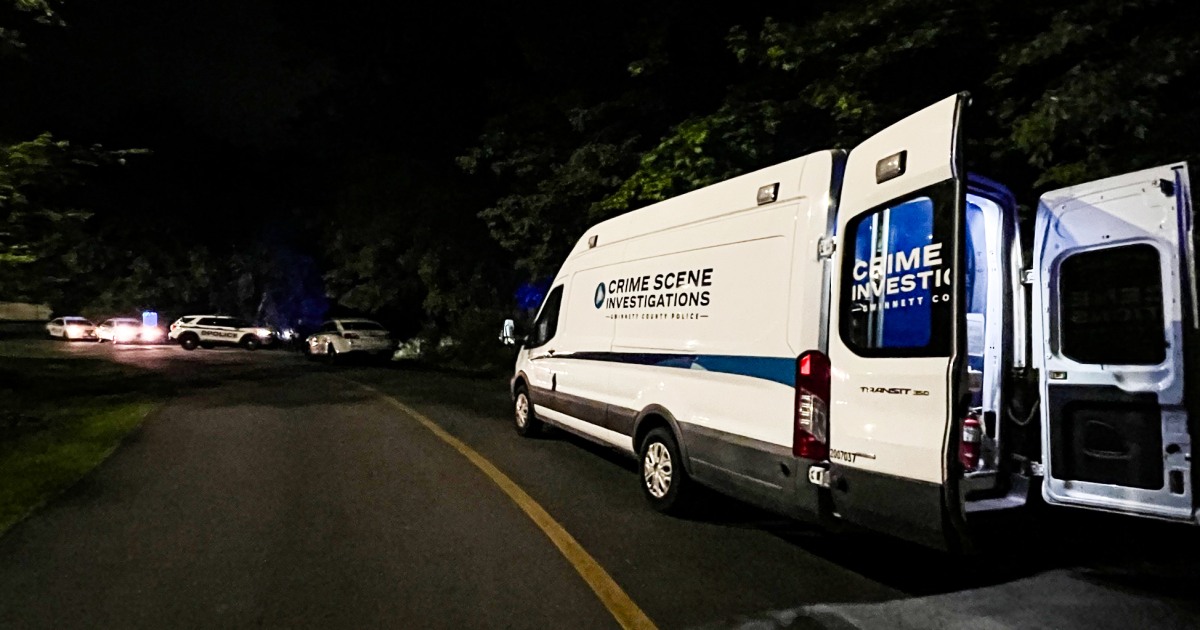- LATEST DEVELOPMENTS:
- ‘We are striking our enemies with unprecedented might,’ Netanyahu says. ‘I emphasise that this is only the beginning.’
- U.N. head Guterres: situation has reached ‘a dangerous new low’.
World
‘Only the beginning’ says Netanyahu as Israel makes first raids into Gaza
/cloudfront-us-east-2.images.arcpublishing.com/reuters/FJK5QQY7KJJEHLZWKTEWMQQWAM.jpg)
JERUSALEM, Oct 13 (Reuters) – Israeli infantry made their first raids into the Gaza Strip on Friday since Hamas fighters rampaged through southern Israel, and Prime Minister Benjamin Netanyahu said a campaign of retaliation had only just begun.
Israel has vowed to annihilate Hamas after its fighters burst out of Gaza a week ago and stormed through towns and villages, killing 1,300 Israelis, mainly civilians, and making off with scores of hostages.
Since then Israel has placed the Hamas-run Gaza Strip, home to 2.3 million Palestinians, under a total siege and bombarded it with unprecedented air strikes. Gaza authorities say 1,900 people have died.
On Friday Israel gave more than a million residents of the northern half of Gaza 24 hours to flee to the south to avoid an onslaught. Hamas vowed to fight to the last drop of blood and told residents not to go.
Israeli military spokesperson Rear Admiral Daniel Hagari said troops backed by tanks had mounted raids to attack Palestinian rocket crews and seek information on the location of hostages, the first official account of ground troops in Gaza since the crisis began.
“We are striking our enemies with unprecedented might,” Netanyahu said in a brief statement which, unusually, was televised after the Jewish Sabbath had begun. “I emphasise that this is only the beginning.”
Several thousand Gaza residents took to roads heading out of the northern part of the Gaza Strip, but it was impossible to assess their numbers. Many others said they would not leave.
“Death is better than leaving,” said Mohammad, 20, standing in the street outside a building reduced to rubble in an earlier Israeli air strike near the centre of Gaza.
Mosques broadcast the message: “Hold on to your homes. Hold on to your land”.
“We tell the people of northern Gaza and from Gaza City, stay put in your homes, and your places,” Eyad Al-Bozom, spokesman for the Hamas Interior Ministry, told a news conference.
Gaza authorities said 70 people were killed and 200 were wounded when Israel struck cars and trucks carrying people fleeing the north of the strip for the south. Reuters could not independently verify the reported incident.
The United Nations and other organisations warned of a disaster if so many people were forced to flee, and said the siege of the enclave should be lifted to let in aid.
The situation in Gaza has reached a “a dangerous new low”, U.N. Secretary General Antonio Guterres said on Friday. “We need immediate humanitarian access throughout Gaza, so that we can get fuel, food and water to everyone in need. Even wars have rules.”
Earlier, a U.N. spokesperson Stephane Dujarric said it would impossible for Gazans to obey Israel’s order to leave the north without “devastating humanitarian consequences”, prompting a rebuke from Israel that the U.N. should condemn Hamas and support Israel’s right to self-defence.
“The noose around the civilian population in Gaza is tightening. How are 1.1 million people supposed to move across a densely populated war zone in less than 24 hours?” U.N. aid chief Martin Griffiths wrote on social media.
‘DISTANCE YOURSELVES FROM HAMAS’
[1/19]Families of staff of international organizations shelter at a United Nations center after UNRWA said it relocated its central operations center to the south of Gaza Strip after Israel’s call for more than 1 million civilians in northern Gaza to move south within 24 hours, amid the… Acquire Licensing Rights
White House national security spokesman John Kirby said such a huge evacuation was a “tall order”, but that Washington would not second guess Israel’s decision to tell civilians to get out.
“We understand what they’re trying to do and why they’re trying to do this – to try to isolate the civilian population from Hamas, which is their real target,” he said on MSNBC.
Mahmoud Abbas, president of the Palestinian Authority that is a rival of Hamas, told U.S. Secretary of State Antony Blinken in Jordan that the forced displacement of Palestinians in Gaza would constitute a repeat of 1948, when hundreds of thousands of Palestinians fled or were driven from what is now Israel. Most Gazans are the descendants of such refugees.
Gaza is already one of the most crowded places on earth, and for now there is no way out. Israel has imposed a total blockade, and Egypt, which also has a border with the enclave, has so far resisted calls to open it to fleeing residents.
‘I PROMISE YOU WE WILL WIN’
Hamas issued a video on Friday purporting to show its fighters cuddling a baby and a toddler in one of the villages it ransacked. Israel has said entire families were slaughtered.
“We are fighting for our home. We are fighting for our future,” Israeli Defence Minister Yoav Gallant said, meeting U.S. Defence Secretary Lloyd Austin, who came to Israel a day after a visit by Secretary of State Antony Blinken. “The path will be long, but ultimately I promise you we will win.”
Austin said military aid was flowing into Israel but that this was the time for resolve and not revenge.
On Friday Blinken travelled to Jordan where he met King Abdullah as well as Abbas, whose Palestinian Authority exercises limited self-rule in the Israeli-occupied West Bank but lost control of Gaza to Hamas in 2007. Blinken later travelled to Qatar, a U.S. ally with influence among Islamist groups.
In the West Bank, demonstrators supporting Gaza fought gun battles with Israeli security forces. Palestinian officials said 11 people were shot dead.
There have also been fears of hostilities spreading to new fronts, including Israel’s northern border with Lebanon, where clashes this week have already been the deadliest since 2006.
Reuters news videographer Issam Abdallah was killed on Friday while working in southern Lebanon. Reuters said it was seeking more information and working with the authorities in the region.
Earlier, Reuters reported that Israeli shelling had struck a Lebanese army observation post at the border. The Israeli military said it fired in response to a suspected armed infiltration, which it later said had been a false alarm. Lebanese state media reported that shells struck near Alma Al-Shaab and Dhayra, sites of repeated clashes in the past week.
Israel’s U.N. envoy said it would investigate what had happened in the area following the journalist’s death.
“We always try to mitigate and avoid civilian casualties. Obviously, we would never want to hit or kill or shoot any journalist that is doing its job,” Gilad Erdan said.
Reporting by Henriette Chacar, Dedi Hayun, Maayan Lubell, Emily Rose, James Mackenzie in Jerusalem, Michelle Nichols in New York, Emma Farge in Geneva, Jeff Mason in Washington, Humeyra Pamuk in Tel Aviv, Steve Gorman and Dan Whitcomb in Los Angeles and Emma Farge in Geneva; Writing by Peter Graff; Editing by Cynthia Osterman
Our Standards: The Thomson Reuters Trust Principles.

Continue Reading
World
Heartbreak High Renewed for Third and Final Season at Netflix

ad
World
Protesters demand Armenian prime minister's resignation after border villages ceded to Azerbaijan
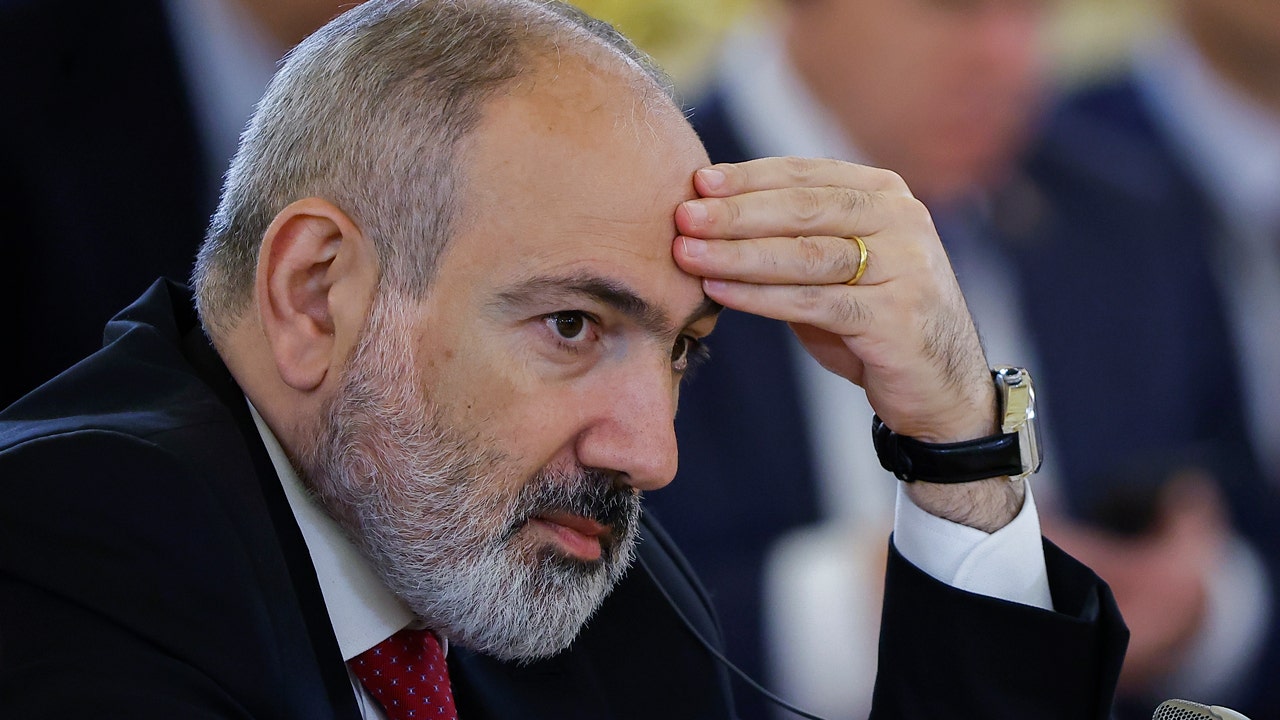
Thousands of protesters gathered Thursday in the Armenian capital, Yerevan, to demand the resignation of Prime Minister Nikol Pashinyan over his government’s decision to hand over control of border villages to Armenia’s long-time rival Azerbaijan.
Armenia and Azerbaijan have fought two wars since the Soviet Union collapsed and Armenia said in April that it would return the villages to Azerbaijan. That decision came after Azerbaijan in September waged a lightning military campaign in Nagorno-Karabakh, a majority ethnic Armenian region inside Azerbaijan. That caused tens of thousands of people to stream into Armenia, sparking demonstrations as protesters called for the prime minister to be ousted.
Protesters led by a senior cleric in Armenia’s church walked a distance of around 100 miles from villages near the border with Azerbaijan to Yerevan where they gathered Thursday in Republic Square.
ARMENIA’S PRIME MINISTER IN RUSSIA FOR TALKS AMID STRAIN IN TIES
Videos shared on social media showed thousands of people waving Armenian flags. A senior Armenian cleric said a prayer and told the protesters he gave Pashinyan one hour to resign, blaming him for the loss of Armenian territory.
Archbishop Bagrat Galstanyan told protesters they should “engage in peaceful acts of disobedience,” if Pashinyan did not listen to their demands.
Pashinyan visited Moscow Wednesday and held talks with Russian President Vladimir Putin amid spiraling tensions between the estranged allies. The meeting took place a day after Putin began his fifth term at a glittering Kremlin inauguration which the Armenian leader did not attend.
Armenian Prime Minister Nikol Pashinyan attends a meeting of the Supreme Eurasian Economic Council of the Eurasian Economic Union at the Kremlin in Moscow, Russia, on Wednesday, May 8, 2024. (Evgenia Novozhenina/Pool Photo via AP)
Putin’s spokesperson Dmitry Peskov was quoted Thursday by Russian state news agency Tass as saying the two leaders had agreed to the removal of Russian forces from some Armenian regions.
In brief remarks at the start of the talks, Putin said that bilateral trade was growing, but acknowledged “some issues concerning security in the region.”
Pashinyan, who last visited Moscow in December, said that “certain issues have piled up since then.”
Armenia’s ties with Russia, a longtime sponsor and ally, have grown increasingly strained after Azerbaijan waged its military campaign in September to reclaim the Karabakh region, ending three decades of ethnic Armenian separatists’ rule there.
Armenian authorities accused Russian peacekeepers who were deployed to Nagorno-Karabakh after the previous round of hostilities in 2020 of failing to stop Azerbaijan’s onslaught. Moscow, which has a military base in Armenia, has rejected the accusations, arguing that its troops didn’t have a mandate to intervene.
The Kremlin, in turn, has been angered by Pashinyan’s efforts to deepen ties with the West and distance his country from Moscow-dominated security and economic alliances.
While Pashinyan was visiting Moscow, Armenia’s foreign ministry announced that the country will stop paying fees to the Collective Security Treaty Organization, a Russia-dominated security pact. Armenia has previously suspended its participation in the grouping as Pashinyan has sought to bolster ties with the European Union and NATO.
Russia was also vexed by Armenia’s decision to join the International Criminal Court, which last year indicted Putin for alleged war crimes connected to Russia’s actions in Ukraine.
Moscow, busy with the Ukrainian conflict that has dragged into a third year, has publicly voiced concern about Yerevan’s westward shift but sought to downplay the differences.
Kremlin spokesman Peskov conceded Tuesday that “there are certain problems in our bilateral relations,” but added that “there is a political will to continue the dialogue.”
World
Ukraine’s Zelenskyy fires head of state guard over assassination plot

Ukrainian state security said earlier this week that they unearthed an assassination plot including two state guards.
Ukrainian President Volodymyr Zelenskyy has fired the head of the state guards following allegations that two members were involved in a plot to assassinate the embattled Ukrainian head of state.
Zelenskyy dismissed former leader of the state guards Serhiy Rud on Thursday, after the state security service (SBU) said earlier this week that it had unearthed an assassination plot against Zelenskyy and other important officials. A successor for Rud has yet to be named.
The SBU said that the assassinations were meant to be a “gift” for Russian President Vladimir Putin as he was sworn in for a new term in office on Tuesday.
The SBU said that the two men, both colonels in the state guard, had planned to take Zelenskyy hostage and later kill him.
Other key officials, including SBU head Vasyl Maliuk and Kyrylo Budanov, the military intelligence agency’s head, were also said to be targets of the failed effort.
Moscow has not commented on the allegations by the SBU, which alleged that the two bodyguards had passed on sensitive information to the FSB, Russia’s security service.
It is not the first assassination effort that the Ukrainian leader has faced down, stating last year that at least five Russian plots have been foiled since the war began.
Zelenskyy’s administration has faced growing difficulties in recent months, and has shaken up some key staffing positions as progress in the country’s war against Russia stalls out and officials face accusations of corruption.
In February, Zelenskyy named Oleksandr Syrskyii as the new army chief after dismissing General Valerii Zaluzhny from the position.
-

 World1 week ago
World1 week agoStrack-Zimmermann blasts von der Leyen's defence policy
-

 Politics1 week ago
Politics1 week agoStefanik hits special counsel Jack Smith with ethics complaint, accuses him of election meddling
-

 Politics1 week ago
Politics1 week agoThe White House has a new curator. Donna Hayashi Smith is the first Asian American to hold the post
-

 Politics1 week ago
Politics1 week agoDemocratic mayor joins Kentucky GOP lawmakers to celebrate state funding for Louisville
-

 World1 week ago
World1 week agoTurkish police arrest hundreds at Istanbul May Day protests
-

 News1 week ago
News1 week agoVideo: Police Arrest Columbia Protesters Occupying Hamilton Hall
-

 Politics1 week ago
Politics1 week agoNewsom, state officials silent on anti-Israel protests at UCLA
-

 News1 week ago
News1 week agoPolice enter UCLA anti-war encampment; Arizona repeals Civil War-era abortion ban
